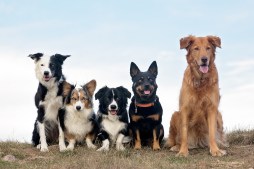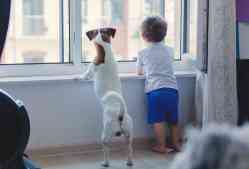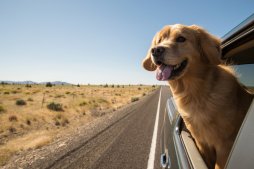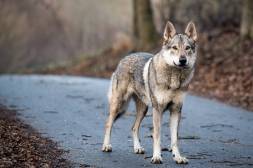Nutrition and Exercise Modifications for Senior Dogs: What to Expect
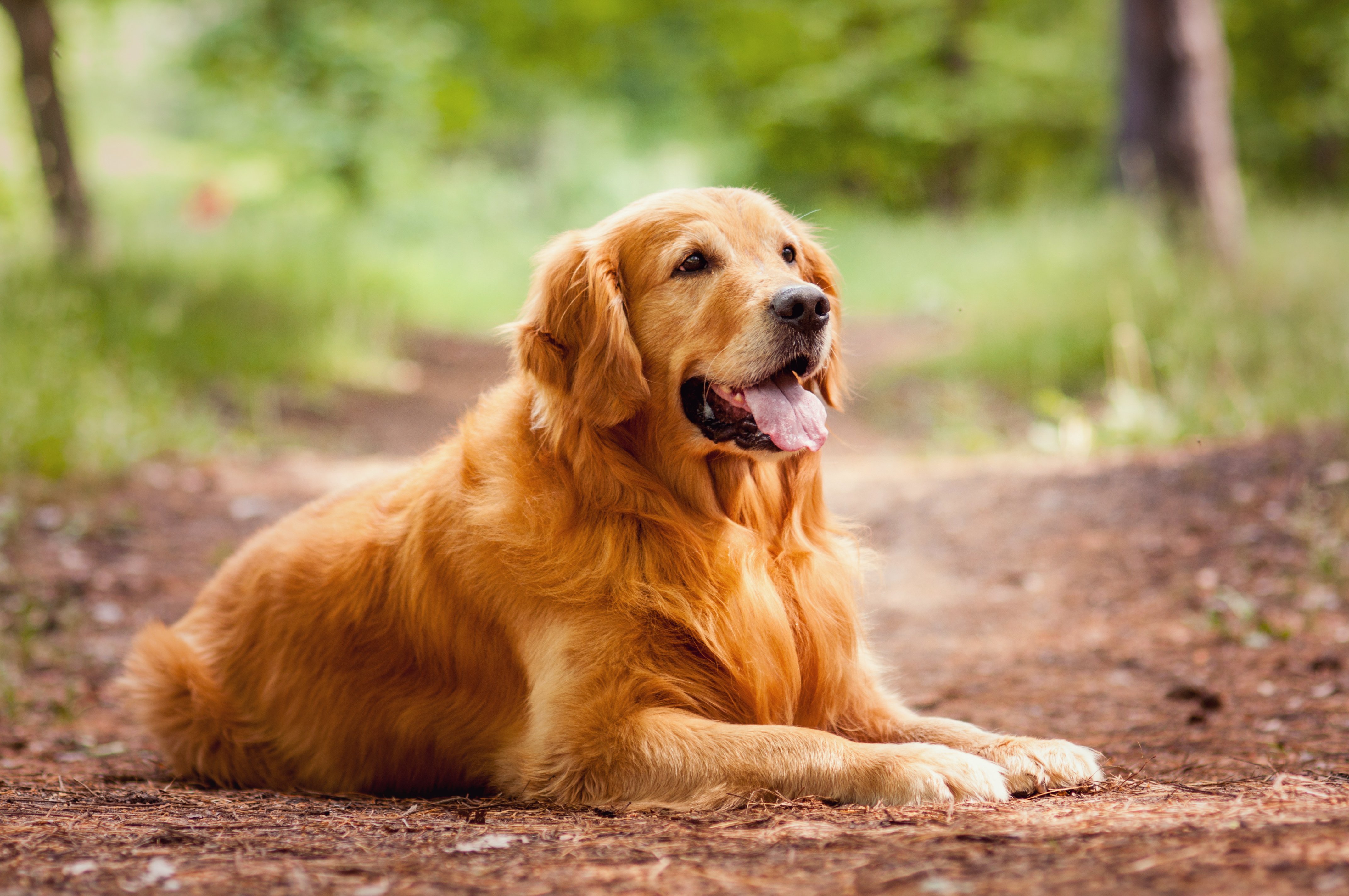
As our furry friends age, their needs evolve just like ours. Senior dogs require special attention to their nutrition and exercise routines to maintain their health and happiness. Understanding the changes in diet and physical activity can help ensure your senior dog enjoys a comfortable and fulfilling life.
Understanding the Aging Process in Dogs
As dogs grow older, their metabolism slows down, muscle mass decreases, and joint health may decline. These physiological changes impact how much energy they need and how they move around. Recognizing these shifts is essential for adjusting care practices appropriately.
Nutritional Changes for Senior Dogs
Older dogs often benefit from diets formulated specifically for seniors. These diets typically have fewer calories to prevent weight gain but are rich in essential nutrients like antioxidants, omega-3 fatty acids, and fiber. Such components support immune function, cognitive health, joint comfort, and digestion.
Adjusting Exercise Routines Safely
While senior dogs still need regular exercise to maintain muscle tone and mobility, it’s important to tailor activities to their abilities. Low-impact exercises such as gentle walks or swimming can be excellent choices that reduce strain on aging joints while keeping them active.
Monitoring Health Signs Related to Diet and Activity
Keep an eye on your dog’s weight, appetite, energy levels, mobility, and behavior changes. Sudden alterations could indicate underlying health issues requiring veterinary consultation. Regular check-ups will help you stay ahead of potential problems.
Tips for Transitioning Your Senior Dog’s Care Plan
Introduce any nutritional or exercise modifications gradually to avoid stress or digestive upset. Consult with your veterinarian about the best diet options tailored for your dog’s breed, size, and specific health conditions. Incorporate mental stimulation alongside physical activities to support overall well-being.
Caring for a senior dog involves understanding the natural changes that come with age and adapting accordingly. By focusing on appropriate nutrition adjustments and safe exercise routines, you can enhance your beloved pet’s quality of life during their golden years.
This text was generated using a large language model, and select text has been reviewed and moderated for purposes such as readability.

